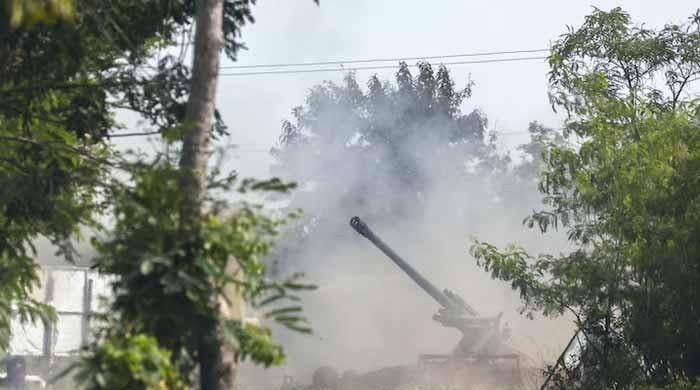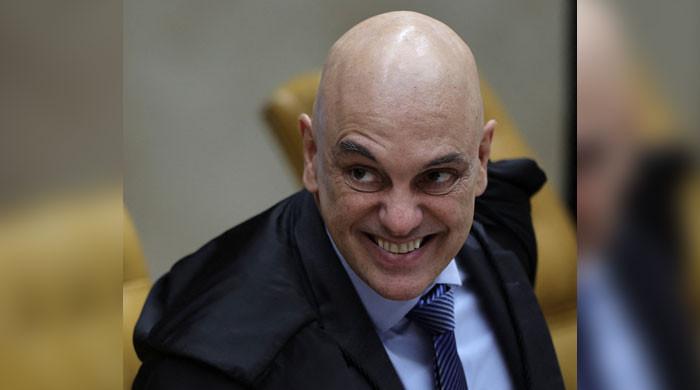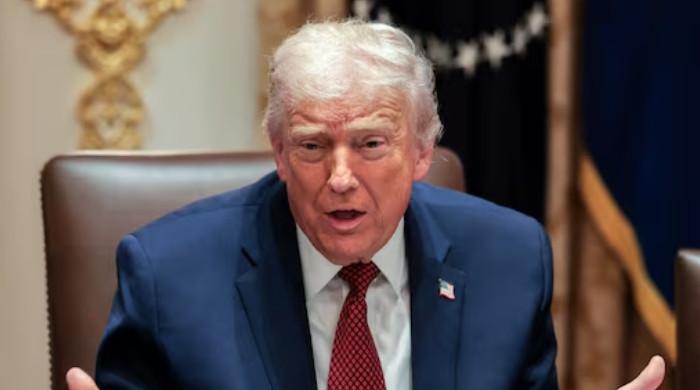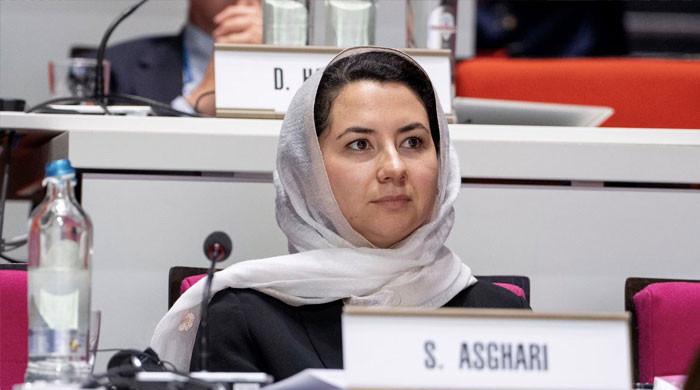Kashmiri leader Mehbooba Mufti denied passport by India over 'national security concerns'
Mehbooba Mufti says she was refused a passport based on report claiming it was detrimental to security of India
March 29, 2021
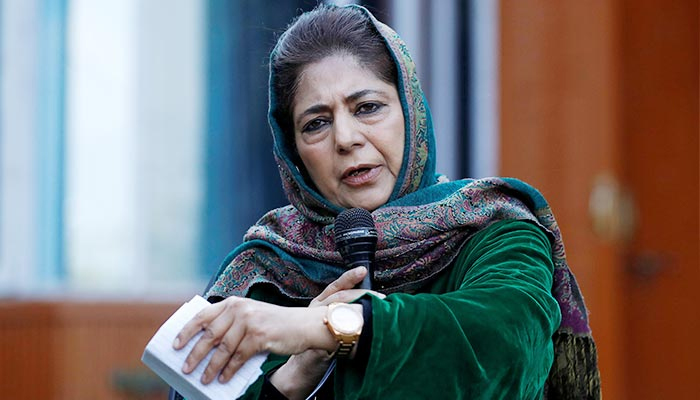
- Mehbooba Mufti says she was refused a passport based on CID’s report saying it was detrimental to the security of India.
- Kashmiri leader says rejection of passport shows level of normalcy achieved in Kashmir since August 2019.
- Mufti says action shows that a former chief minister of IoK holding a passport is a threat to the sovereignty of a mighty nation.
The Indian government has refused to issue former chief minister of Indian occupied Kashmir (IoK) Mehbooba Mufti a passport over national security concerns, said the Kashmiri leader on Monday.
"[Indian] Passport Office refused to issue my passport based on CID’s report citing it as ‘detrimental to the security of India'," said Mufti in a tweet along with the letter explaining the grounds of refusal.
The Kashmiri leader slammed the Indian government over the decision, saying that the rejection shows the "level of normalcy achieved in Kashmir since August 2019".
Mufti said that the action showed that a former chief minister of IoK "holding a passport is a threat to the sovereignty of a mighty nation".
Former IoK CM Omar Abdullah came out in support of Mufti on Twitter.
"What a shame J&K police is going along with this farce. How is it that Mehbooba Mufti was not a threat to the nation when her party was allied with the BJP?" asked Abdullah.
Abdullah said that Mufti as the chief minister was "incharge" of the occupied territory's "home department & head of the unified command" and "now suddenly" she has become a "threat".
Abdullah and Mufti were among hundreds of Kashmiri leaders placed under detention across occupied Kashmir, since August 2019.
Read more: 'What they took from us, we have to take back', says Mehbooba Mufti after one year of arrest
They were placed under detention after Prime Minister Narendra Modi's government scrapped the special status of occupied Kashmir granted under the Indian Constitution and bifurcated the disputed territory into two union territories of India.
Ever since the move Mufti and Abdullah have been detained multiple times by the Indian government.
Read more: Mehbooba Mufti illegally detained again, lashes out at BJP's 'puppets and ministers'
Article 370 of the Indian Constitution was a 'temporary provision' that granted special autonomous status to occupied Kashmir.
All the provisions of the Indian constitution which apply to other states were not applicable to occupied Kashmir due to the law.
According to this article, except for defence, foreign affairs, finance and communications, the Indian Parliament needs the state government's concurrence for applying all other laws.
The residents of occupied Kashmir used to live under a separate set of laws as compared to Indian citizens elsewhere in the country, including those related to citizenship, ownership of property, and fundamental rights.
Read more: Mehbooba Mufti refuses to raise India's national flag in hard-hitting press conference
Article 35A which stems from Article 370 was introduced through a Presidential Order in 1954.
This article empowered the legislature of occupied Kashmir to define the state’s permanent residents and their special rights and privileges.
Under Article 35A, Indian citizens from other states cannot purchase land or property in occupied Kashmir.




